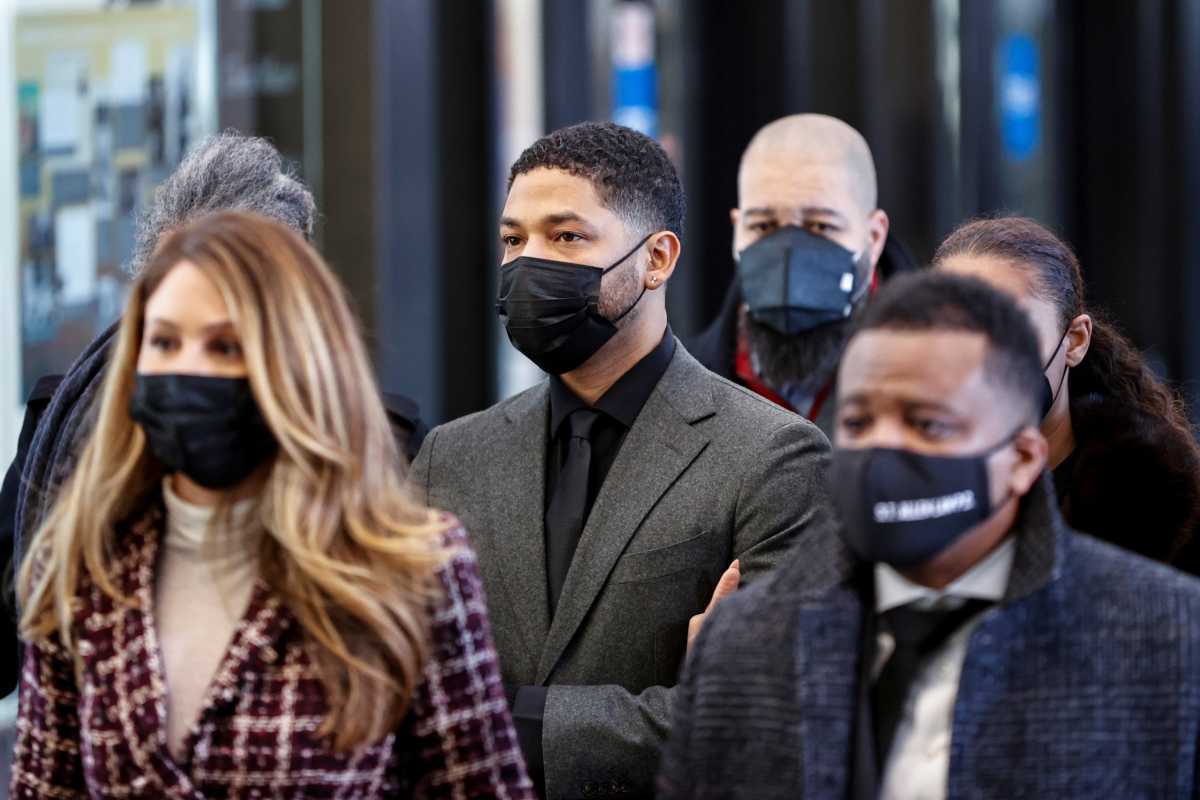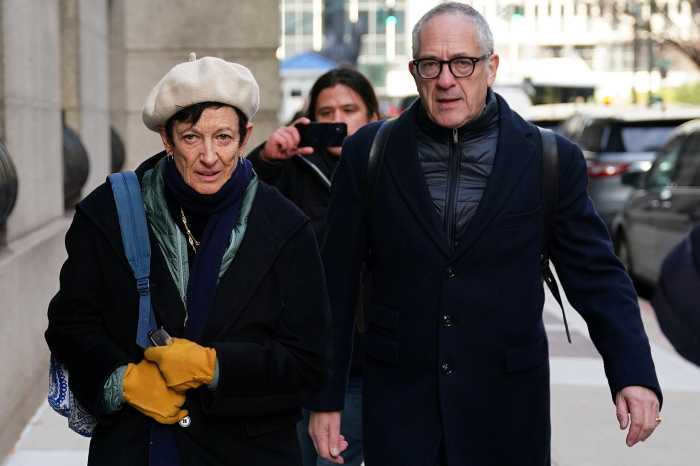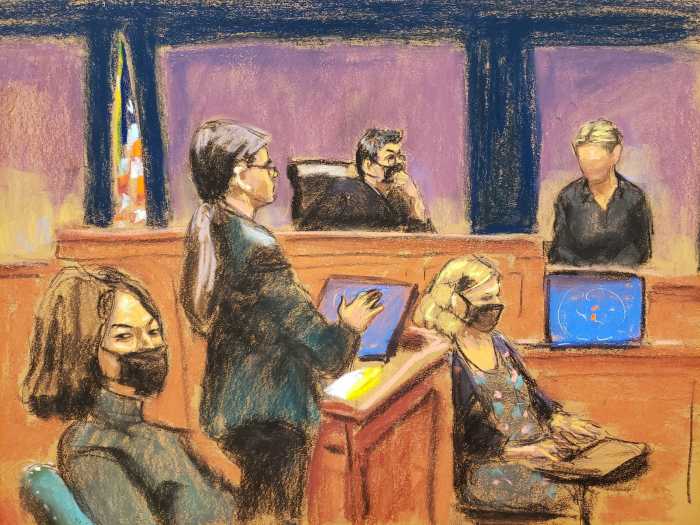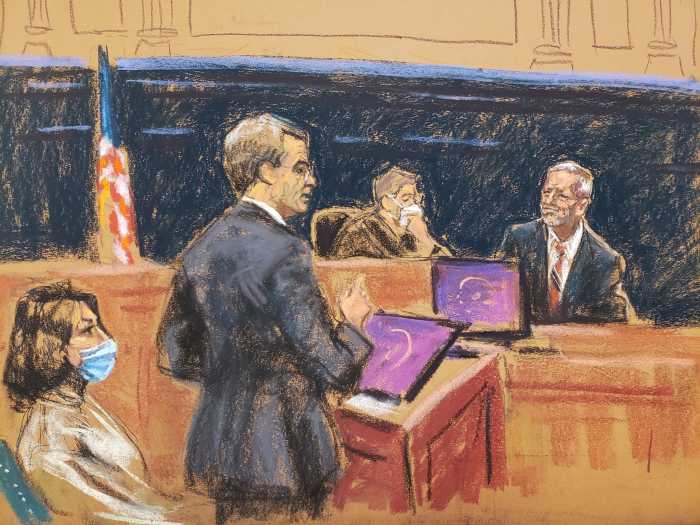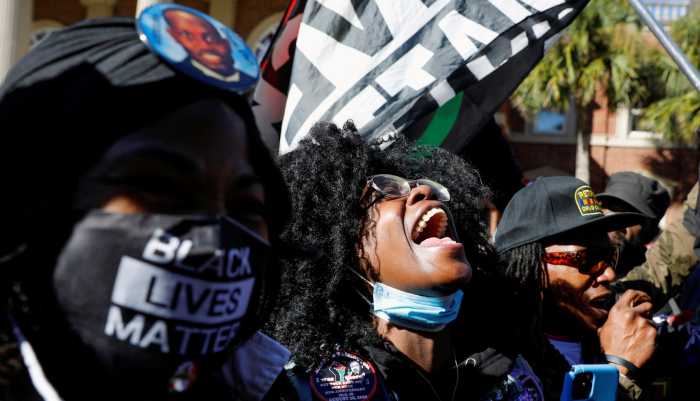By Brendan O’Brien
CHICAGO – The jury began deliberations on Wednesday in the trial of actor Jussie Smollett, a one-time star of the TV drama “Empire” who stands accused of orchestrating a hate crime against himself to raise his celebrity profile.
The actor, who is Black and openly gay, faces six felony counts of disorderly conduct in a Cook County Circuit Court over accusations that he made false reports to the police.
Smollett, 39, has denied that he faked the attack, pleading not guilty in February 2020. He took the stand this week and told the jury that “there was no hoax,” according to NBC.
The case became a touchstone in the culture wars inflamed during the presidency of Donald Trump.
Celebrities and others rushed to support Smollett when he first made the accusations in early 2019 that he was the victim of a hate crime and said that his attackers had shouted “This is MAGA country,” a reference to Trump’s trademark slogan – “Make American Great Again.”
Smollett told police that he had been accosted on a darkened street by two masked strangers in January 2019. According to Smollett’s account, his assailants threw a noose around his neck and poured chemicals on him while yelling racist and homophobic slurs and expressions of support for Trump.
A month later, police arrested Smollett, accusing him of paying two brothers $3,500 to stage the attack in a hoax aimed at gaining public sympathy and raising his show-business profile.
During his testimony on Monday, Smollett contradicted the testimony of two brothers, Abimbola and Olabinjo Osundairo, who last week had testified that Smollett paid them to stage a phony attack.
Smollett’s acting career has faded since the incident. He lost his role as a singer-songwriter in the final season of “Empire,” a Fox television hip-hop drama that ended a five-year run in 2020.
His case took an unexpected turn in the spring of 2019 when the Cook County state’s attorney’s office dropped a 16-count indictment against him in exchange for Smollett forfeiting his $10,000 bond without admitting wrongdoing.
The dismissal drew criticism from then-Mayor Rahm Emanuel and the city’s police superintendent, who called the reversal a miscarriage of justice. A five-month investigation concluded that prosecution of Smollett was warranted.



